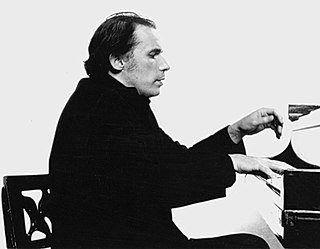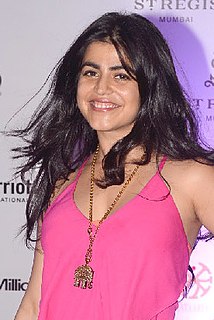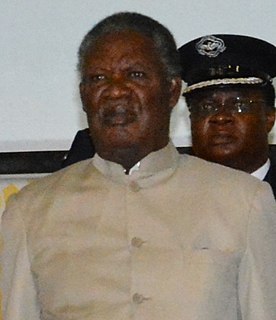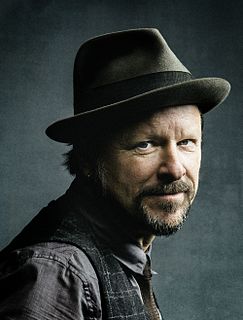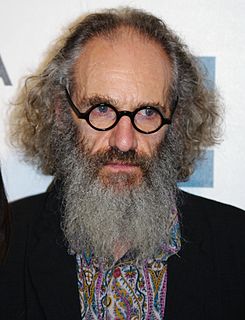A Quote by Ken Burns
When a documentary filmmaker, working in the style that I do, suggests that there has been a shooting ratio of 40 hours to every one hour of finished film, that doesn't mean that the other 39 are bad.
Related Quotes
I don't know what the effective ratio would be, but I've always had some sort of intuition that for every hour you spend in the company of other human beings, you need "x" number of hours alone. Now, what "x" represents I don't really know; it might be two and seven-eighths or seven and two-eighths, but it is a substantial ratio.
Any filmmaker, big directors, and I'm not dropping any names - I actually have couple names I want to say, but I will not - we have a ratio. Each thing you repeat, my ratio is one to four.Actually some people are ratio one to 34. I know couple directors, big directors, they are just shooting over and over.
The idea of Jonathan Rhys Meyers as Dracula, all I could think of was, why haven't they done this with him before? It's such a genius idea. 'Dracula' has always been done as film, so it's been an hour and 40 minutes. What we're done is 10 hours of 'Dracula,' so you have a lot of freedom with all the different mythologies and nuances.
Work like hell. I mean you just have to put in 80 to 100 hour weeks every week. [This] improves the odds of success. If other people are putting in 40 hour work weeks and you’re putting in 100 hour work weeks, then even if you’re doing the same thing you know that you will achieve in 4 months what it takes them a year to achieve.
When you say documentary, you have to have a sophisticated ear to receive that word. It should be documentary style, because documentary is police photography of a scene and a murder ... that's a real document. You see, art is really useless, and a document has use. And therefore, art is never a document, but it can adopt that style. I do it. I'm called a documentary photographer. But that presupposes a quite subtle knowledge of this distinction.
I was at a Madonna show many, many years ago and I was in the sweet spot and she came out and I mean it was the best part of the show. And I was shooting, shooting, shooting, shooting. And I'm like, "God, I must have shot a hundred pictures have I not run out of film?" And I opened the back of my camera and there was no film in there. So that happened to me only once.


